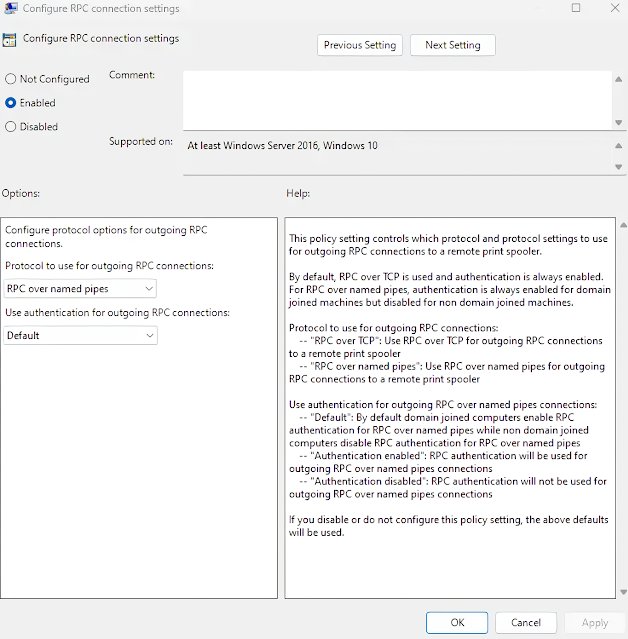Why People Love Music
From an evolutionary perspective, it makes no sense whatsoever to music that makes us feel emotions. Why did our ancestors cared about music? Although many people who would argue otherwise, it is not necessary for survival.
"C or C-sharp is very rarely a matter of life and death," said Jean-Julien Aucouturier, a neuroscientist who studied music and emotion at the French Institute of Science in Paris. "Beethoven or Lady Gaga - like them or not - it's not something you have to yell or run away from."
It's a question that has puzzled scientists for decades: Why does something as abstract as music emotive consistent like that?
It's quite possible that our love of music was just an accident. We originally evolved emotions to help us navigate the dangerous world (fear) and social situations (joy). And somehow, the tone and the beats of the music composition activates the same brain areas.
"This could be the case that developed by chance, but after that it developed into really important," Robert Zatorre, a neuroscientist at McGill University, said.
Here are a few theories about how it could happen.Our brain loves patterns. Music is a pattern. Accidental?
Research has shown that when we listen to music, our brain releases dopamine, which in turn makes us happy. In one study published in Nature Neuroscience, led by Zatorre, researchers found that dopamine release powerful when a piece of music reaches an emotional peak and listeners feel "chills" - spine-tingling sensation of excitement and awe.
That may explain why we like music. But that does not explain why we developed this desire in the first place. Typically, our brain releases dopamine during behaviors that are essential for survival (sex or eating). This makes sense - it's an adaptation that encourages us to do more of these behaviors. But music is not important in the same way.
"Music is involved [reward] the same system, though not biologically necessary for survival," says Zatorre.
One possibility, he noted, is that it is a function of our love pattern. Presumably, we evolved to recognize patterns because it is an essential skill for survival. Is a rustling in the trees means dangerous animals is to attack? Does the smell of smoke meant I had to walk, because the fire may come my way?
Music is a pattern. As we listen, we continue to anticipate what melody, harmony, and rhythm may come next. "So if I hear a chord - a chord, chord four, and five chord - maybe I know that the next chord will be one chord to another, because that prediction," says Zatorre. "It's based on my past experiences."
That's why we usually do not like the style of music that we are unfamiliar with. When we are not familiar with the style of music, we have no basis to predict the patterns. (Zatorre cites jazz as a musical style that many have difficulty sticking to know). When we can not predict the pattern of music, we get bored. We learned through our culture what is the sound of music. The rest is random noise.Music fool the brain into thinking the speech was
This explanation may explain why we feel the joy of music, but it does not explain all the other range of emotions music can generate.
When we hear a piece of music, rhythm hinging on us in a process called entrainment. If the music is fast-paced, heart rate and breathing patterns will accelerate to match the rhythm.
a passion which can then be interpreted by our brains as excitement. Research has found that the more pleasant sounding music, the greater the level of entrainment.
Another hypothesis is that the music hinging on brain regions aligned with the speech - which conveys all the emotions.
"It makes sense that our brains are really good at picking up the emotion in his speech," said the French Institute of Science Aucouturier. It is important to understand if the people around us happy, sad, angry, or scared. Much of the information contained in a person's tone. high-pitched voice sounded happier. warbled voice over fear.
The music then perhaps an exaggerated version of speech. Just as fast and high-pitched voice connotes joy, so high pitched and fast options of music.
"The happiest I could make my voice, piano or violin or trumpet can make 100 times happier with the way," Aucouturier said, because the instrument can produce a far wider variety of notes of the human voice.
And because we tend to reflect the emotions we hear another person, if the music that mimics the beatitudes, the listener will be happy as well.
.



